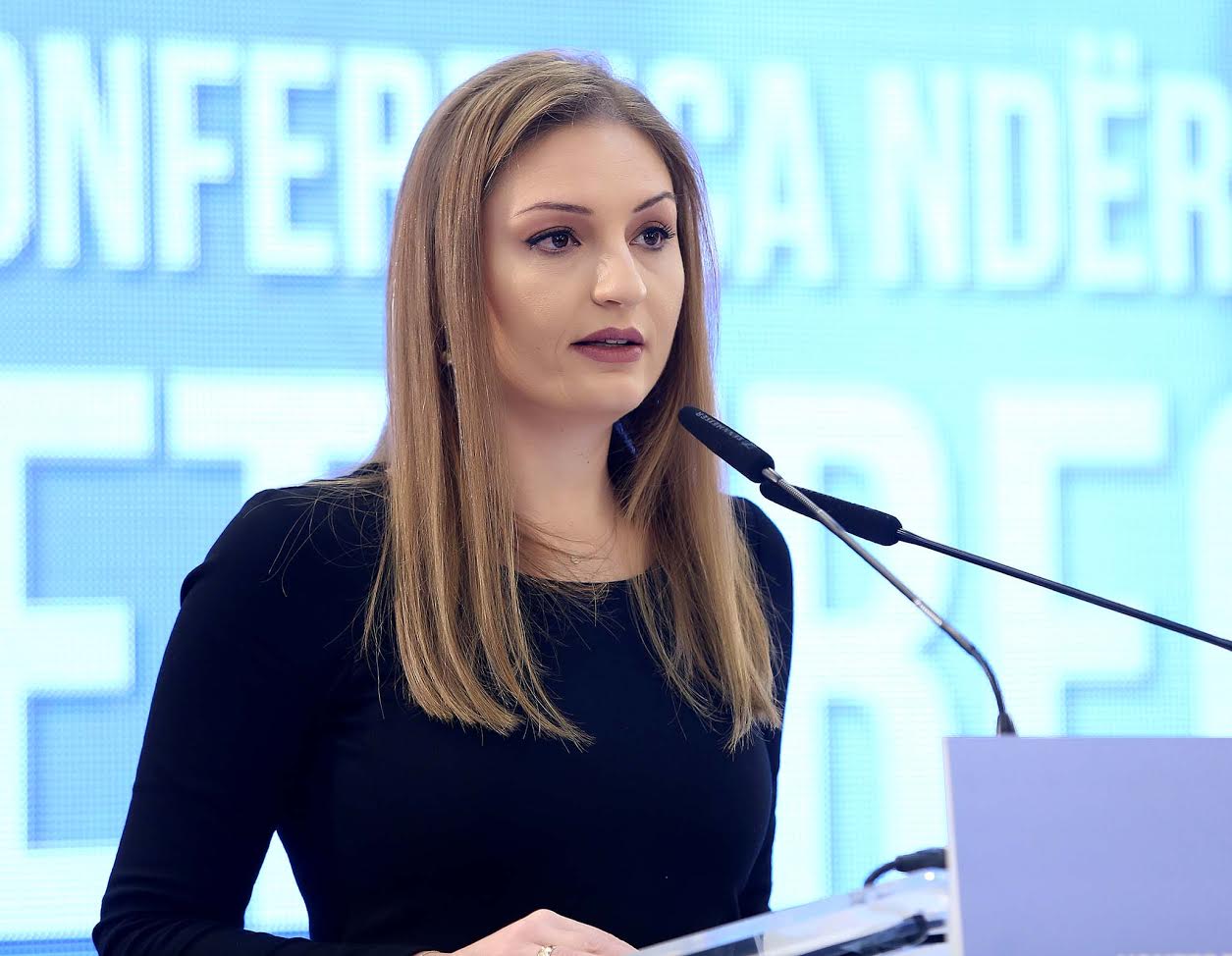
Interviewed for Albanian Free Press by Albert Zholi
The opposition has announced its decision to boycott local elections, while the main condition that the opposition has imposed is Prime Minister Rama’s resignation. Is this the opposition’s final decision?
Local elections cannot be held for as long as problems identified in 2017 are not addressed. Although two years have gone by, there have been no attempts by the government to take measures to improve the electoral process. Among the long list of problems that exist, we could mention voters’ registration, problems with identity cards, manipulation of TIMS system, the use of public administration, the fact that vote buying is not punished and the fact that many politicians are connected to criminals. This is the reason why the opposition demands the resignation of the Prime Minister, considering him as the person who is responsible for degradation of electoral standards. We see the creation of an interim government as a necessity. This government is the only way Albanian citizens will restore faith on the electoral process.
Will the opposition continue these protests and what is it expecting to achieve?
There will be a national protest on May 11, which, without a doubt will see massive participation. Demonstrations are aimed at raising awareness, but they can also be considered as something that Albania has been lacking for years. This mentality must be fought. The government needs to accept protests and listen to what people have to say.
What came out of the latest convention that the Socialist Movement for Integration held?
Albania needs a change of mentality, a new approach of the way the country is governed and we must also put an end to the ties between Albanian politicians, organized crime and oligarchs. This triangle has been suffocating Albania and has forced many people to leave the country.
What is Rama’s position at the moment? Does he have the support of the international community? What are the problems of his government?
The image and the credibility of the Prime Minister are at their lowest. The Berlin Summit clearly showed this with the fact that the idea for border changes was rejected and the fact that Albania’s European integration process was delayed. Arrogance was at the root of the problems with this government. The Prime Minister took many wrong decisions, including the fact that he made the former Integration Ministry part of the Ministry of Foreign Affairs. At that time, we lost many human resources and expertise in this area. Secondly, a deputy minister was left in charge integration, something that made this process less important.
Thirdly, last year, the country received a serious blow from the European Council with the June 2018 conclusions, where the country was asked to do more about the elections and the issue of asylum seekers.
The fact that our country is being ruled by a single party has driven it towards autocracy and this has nothing to do with European values.
Lastly, in the past few years, we have had a government which has not had a clear vision as far as economic policies are concerned. This has driven the country towards a deep financial crisis, high unemployment and a lack of investments. A country that aspires EU integration must know how to be competitive in the market and harmonize its tax policies with European tax policies.





 ALB
ALB
 ENG
ENG
